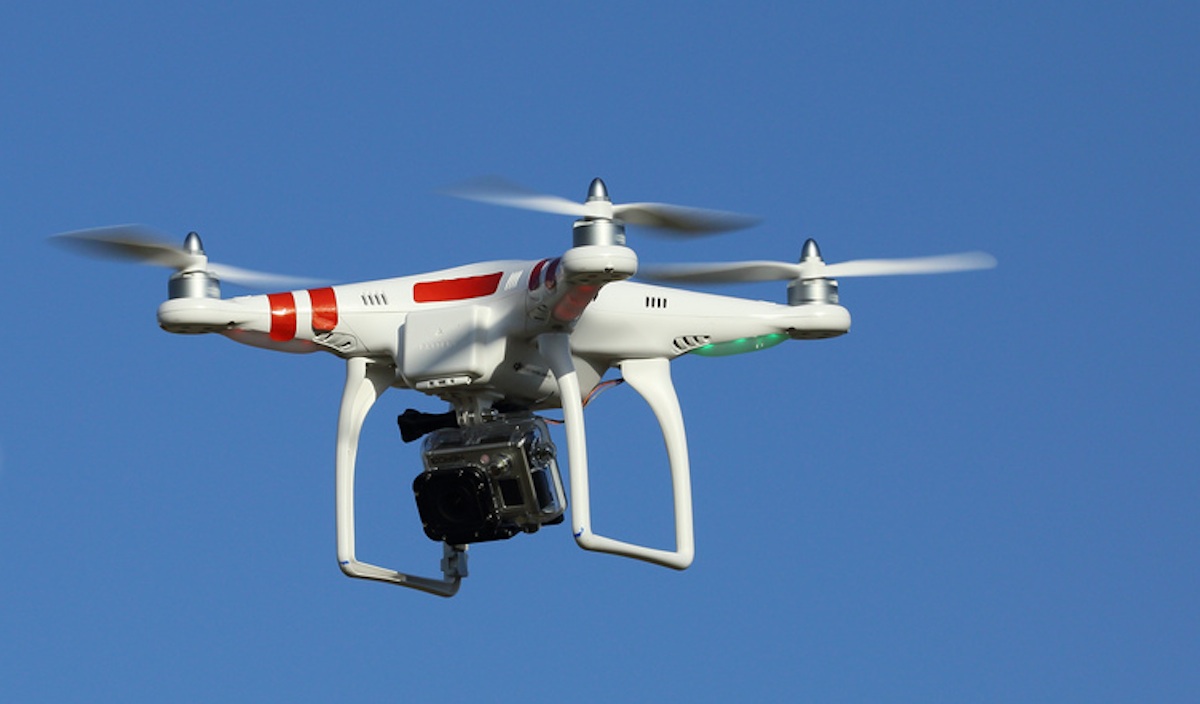Ex-Google CEO is concerned Russia and China will “conquer the world” with AI in commercial and military operations
02/12/2018 / By David Williams

There are many legitimate reasons to be wary about the upcoming Artificial Intelligence (AI) revolution. AI and automation technology threaten to ruin society in a number of different ways, one of which is by taking away jobs that are currently being done by human workers. But — and rather ironically — that’s just if you consider that AI could be used as a force for good. Yes, automating certain jobs will result in job losses to actual humans, but — at least from the perspective of businesses — it’s a totally logical and beneficial move.
In short, there is a positive side, depending on how you look at it. But have you also considered the fact that certain groups with possibly nefarious interests could have access to AI as well? This is probably what was weighing on former Google CEO Eric Schmidt’s mind when he revealed that he was “very concerned” about the possible outcome if countries like China or Russia manage to win the worldwide race among countries for AI prominence.
Speaking at Tomorrow’s World Live at the London Science Museum for the BBC, Schmidt admitted that he is worried about what rival countries to the United States could do with such highly advanced technology. He said this in response to a question from an audience member who asked him for his views on Russian and Chinese initiatives relating to AI technology.
According to Schmidt, it’s important to recognize that both countries are already well aware of the role that AI tech will play in the future. “I think that both the Russian and the Chinese leaders have recognized the value of this, not just for their commercial aspirations, but also their military aspirations,” Schmidt explained. So as early as now, other world leaders might need to take action.
In Schmidt’s view, it’s also equally important to tackle the problem in a way that reflects the West’s values. That is, he proposes that both the U.S. and Europe should deal with the Chinese and Russian competition without resorting to copycat strategies but instead by “being more like us.”
“It is very, very important that the incredible engines that exist in Europe, and Britain, wherever, United States, etc., get more funding for basic research, ethics, and so forth,” Schmidt said. “Let’s outrun them with our own intelligence, rather than any other outcome.”
Schmidt has already criticized the Trump administration at least once in the past for lagging behind China when it comes to AI. In 2017, he said rather grimly: “We need to get our act together, as a country… This is the moment when the [U.S.] government collectively, and private industry, need to say, ‘these technologies are important.’
Meanwhile, China continues to push forward with the dream of realizing grand ambitions in relation to AI. In July of last year, it unveiled a national plan for the future of AI. Based on their current progress, they may well catch up to the rest of the world by 2020, and possibly even dominate the industries when 2030 rolls around — exactly as Schmidt predicts, if things don’t change for the U.S. and other Western countries.
In any case, effort needs to come from all sides and not just the government, if all the benefits of AI are to be reaped. What’s clear is that the future is being written now; the only thing that’s left is to determine which countries will be referred to as the winners.
Read more about the fast-paced AI industry in Robots.news.
Sources include:
Tagged Under: artificial intelligence, China, computing, Eric Schmidt, future tech, Glitch, Google, military tech, military technology, national security, robotics, robots, Russia, technological arms race, World War III

















